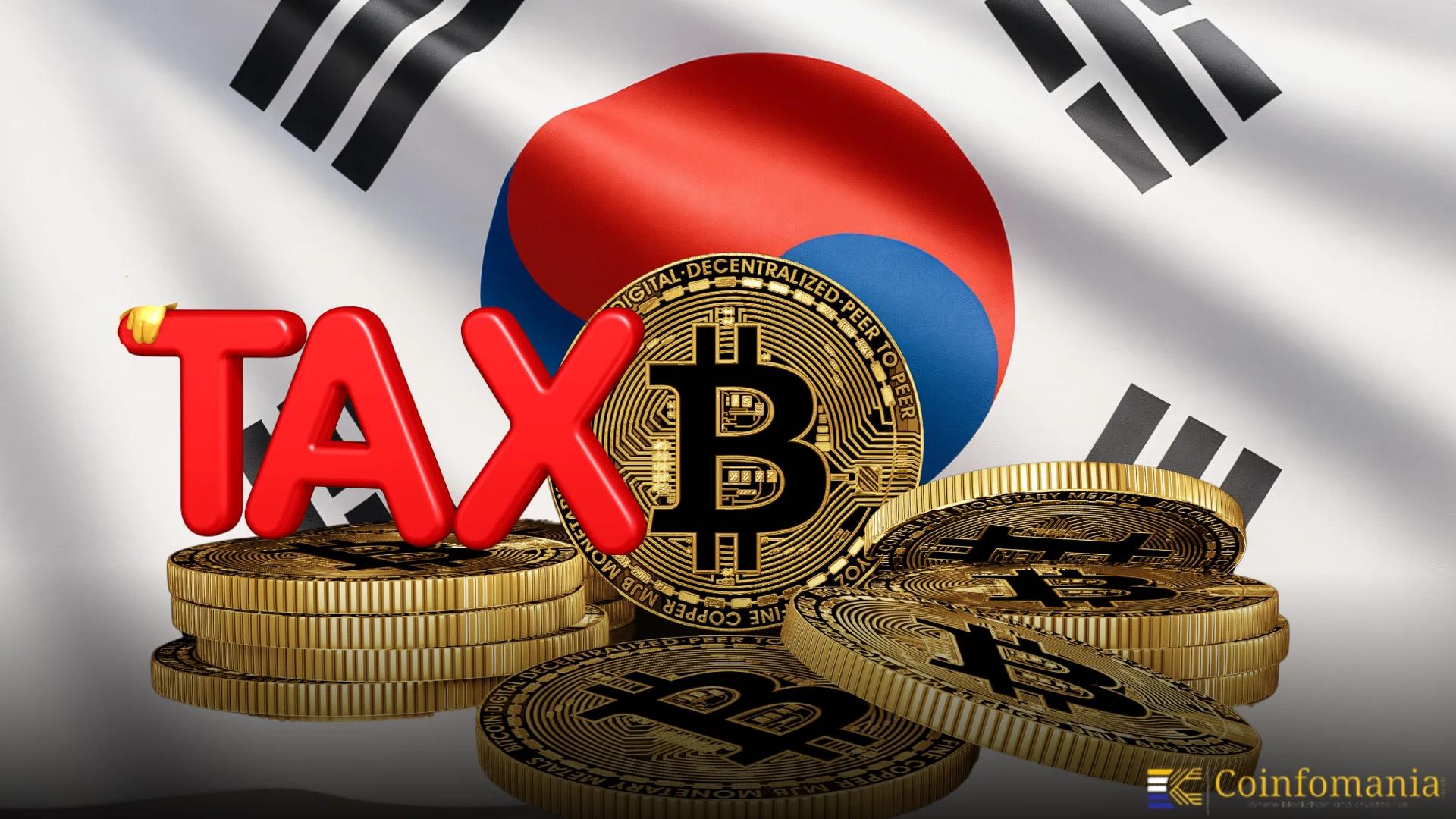South Korea Tightens Crypto Tax Enforcement
Let’s uncover how the South Korea crypto tax crackdown is targeting cold wallets and reshaping crypto regulation in South Korea.

Quick Take
Summary is AI generated, newsroom reviewed.
South Korea launches a nationwide crypto tax crackdown targeting cold wallets and hidden assets.
Authorities aim to improve transparency and prevent crypto tax evasion.
The new law gives regulators access to digital wallets, including cold storage devices.
The move strengthens South Korea’s leadership in crypto regulation and global digital asset governance.
Once again, South Korea is generating headlines, this time for bold measures to bolster the taxation of cryptocurrency. The South Korean government announced a South Korean crypto tax crackdown. It included language allowing the officials to seize digital assets directly from cold wallets.
This unprecedented maneuver indicates more the government’s increasing desire to eliminate tax evasion and promote transparency. The crackdown is occurring within a larger landscape characterized by increased international momentum for governments to police crypto holdings more effectively.
South Korea’s Ministry of Economy and Finance is reportedly finalizing legal frameworks that will give tax officials direct access to crypto wallets , including hardware and cold storage systems previously thought to be beyond government reach. For many crypto investors, this marks a turning point in how digital assets will be monitored and taxed going forward.
🇰🇷 LATEST: South Korea to seize crypto from cold wallets in new tax crackdown. pic.twitter.com/u8G32UEcBf
— Cointelegraph (@Cointelegraph) October 11, 2025
Why South Korea Is Cracking Down on Crypto Taxes
The move is not sudden. South Korea has been steadily building its regulatory framework around digital assets since 2021. The government already taxes crypto trading profits and requires exchanges to report user data to the National Tax Service. However, the latest South Korea crypto tax crackdown goes a step further by addressing an area that was previously untouched, cold wallet storage.
Officials argue that tax evasion through crypto holdings undermines the integrity of the nation’s financial system. By tracking and taxing cold wallet assets, regulators aim to create a fairer and more transparent environment for investors. According to local media, the crackdown will also apply to individuals who fail to declare their overseas crypto accounts.
Cold Wallets Under Fire: What It Means for Investors
Cold wallets have long been considered the safest way to store crypto assets, as they are not connected to the internet. Yet, this same feature makes them difficult to trace. South Korean authorities have identified that some high-net-worth individuals use them to bypass tax reporting obligations.
With the new enforcement plan, investigators will have the authority to request wallet information. This will include ownership and transaction history, which means that even hardware wallets, such as Ledger and Trezor, could be subject to taxing reporting obligations if used for transferring unidentified crypto assets.
Impact on the South Korean Crypto Market
Although the cryptocurrency tax investigation in South Korea would create delays in the market, it could just cause traders and investors to simply move their money to a compliant exchange and reassess their cold wallets to remove any liabilities. However, many think this will positively contribute to market confidence by reducing illicit funds. The leading exchanges operating in the region (Upbit and Bithumb as examples) are also believed to comply with the government. It si done to ensure adherence to the law.
Follow us on Google News
Get the latest crypto insights and updates.


